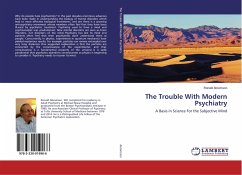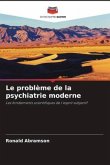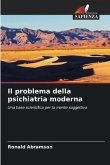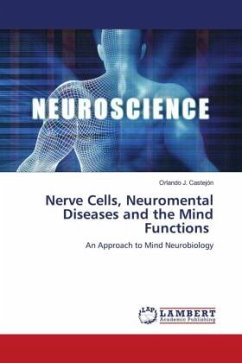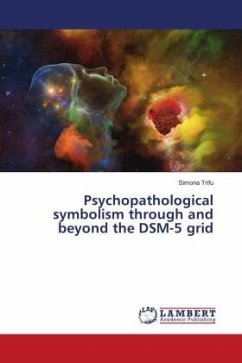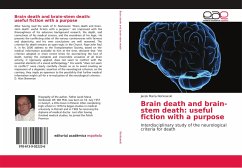Why do people hate psychiatrists? In the past decades enormous advances have been made in understanding the biology of mental disorders which lead to more effective biological treatments, and yet there is a growing anti-psychiatry movement whose members often feel that they have been ill-used by psychiatric treatment. Psychiatry used to have a mind and psychoanalysis was predominant. Now mental disorders are seen as brain disorders, not disorders of the mind. Psychiatry has lost its mind and patients often feel that their psychiatrists don't understand them as people. Concurrently, in physics, experiments in quantum mechanics have yielded mysterious results. For example, particles can remain entangled over very long distances. One suggested explanation is that the particles are connected by the consciousness of the experimenter, and that consciousness is a fundamental property of the universe. It is sadly paradoxical that psychiatry abandons consciousness as physics is beginning to consider it. Psychiatry needs to recover its mind.

